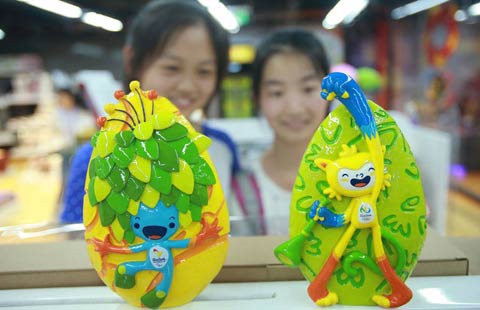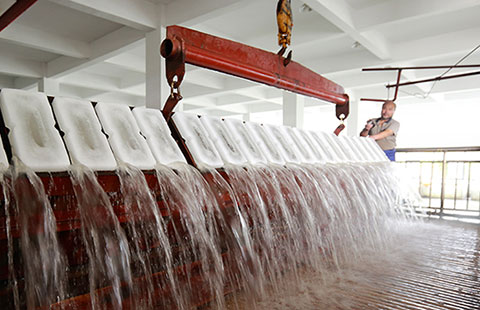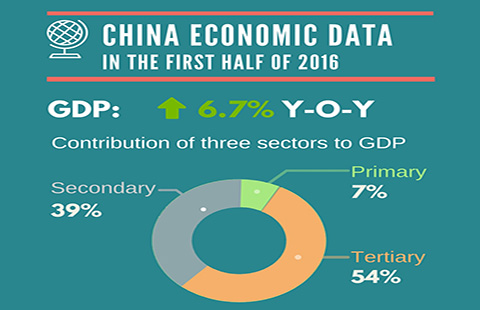Foreign exchange market activity declines: report
(Xinhua) Updated: 2012-12-21 11:33BEIJING - China's foreign exchange market activity has declined this year, according to a report released by the Chinese Academy of Social Sciences on Thursday.
Total transaction volume of the spot foreign exchange market in the first three quarters was $2.6 trillion, marking a 5.1 percent drop year-on-year, the CASS's Blue Book on Finance said.
Accompanying the weakening was a boom in swap transactions and an increasing number of transactors in the market, the blue book said.
According to the book, China's total foreign exchange reserves reached $3.29 trillion at the end of September, which is flat compared to the figure of 3.2 trillion a year ago.
These facts indicated that China's foreign economic activities have been basically stable into 2012, and the situation of the country's "double surplus" under both the current account as well as capital and financial account has been changed, according to the book.
The slowing increase in foreign reserves has abated the impact of foreign reserve rises to China's domestic monetary policies, and there is no need for the Central Bank to issue central bank bills to ease liquidity in the market, the blue book said.
This means the independence of China's monetary policies has been enhanced, it said.
The book predicted that wealth management products sold at commercial banks may lead the wealth management market in China.
A total of 23,858 kinds of wealth management products have been sold over the first three quarters of the year, which has already outnumbered the total sum of 2011. It is estimated that the annual sale this year will reach 20 trillion yuan ($3.18 trillion) with more than 30,000 kinds of products, the book said.
It believed that wide-spread commercial bank outlets as marketing channels, the implicit credits of State-owned banks among the public, the low-risk feature of most of the products and the power of commercial banks in the country's financial system are key boosts for the bank wealth management product market.
- China eyes world-class cyber-tech multinationals
- Y20 Summit opens in Shanghai
- Lenovo sails with Olympic wind
- China stocks post worst day in 6 weeks on crackdown fears
- Nigeria flags off commercial operation on China-assisted rail project
- Foreign mediators ensure smooth solutions for business disputes in E China
- China becomes second-largest investor in foreign property
- China's gold consumption down, production slightly up in H1


















